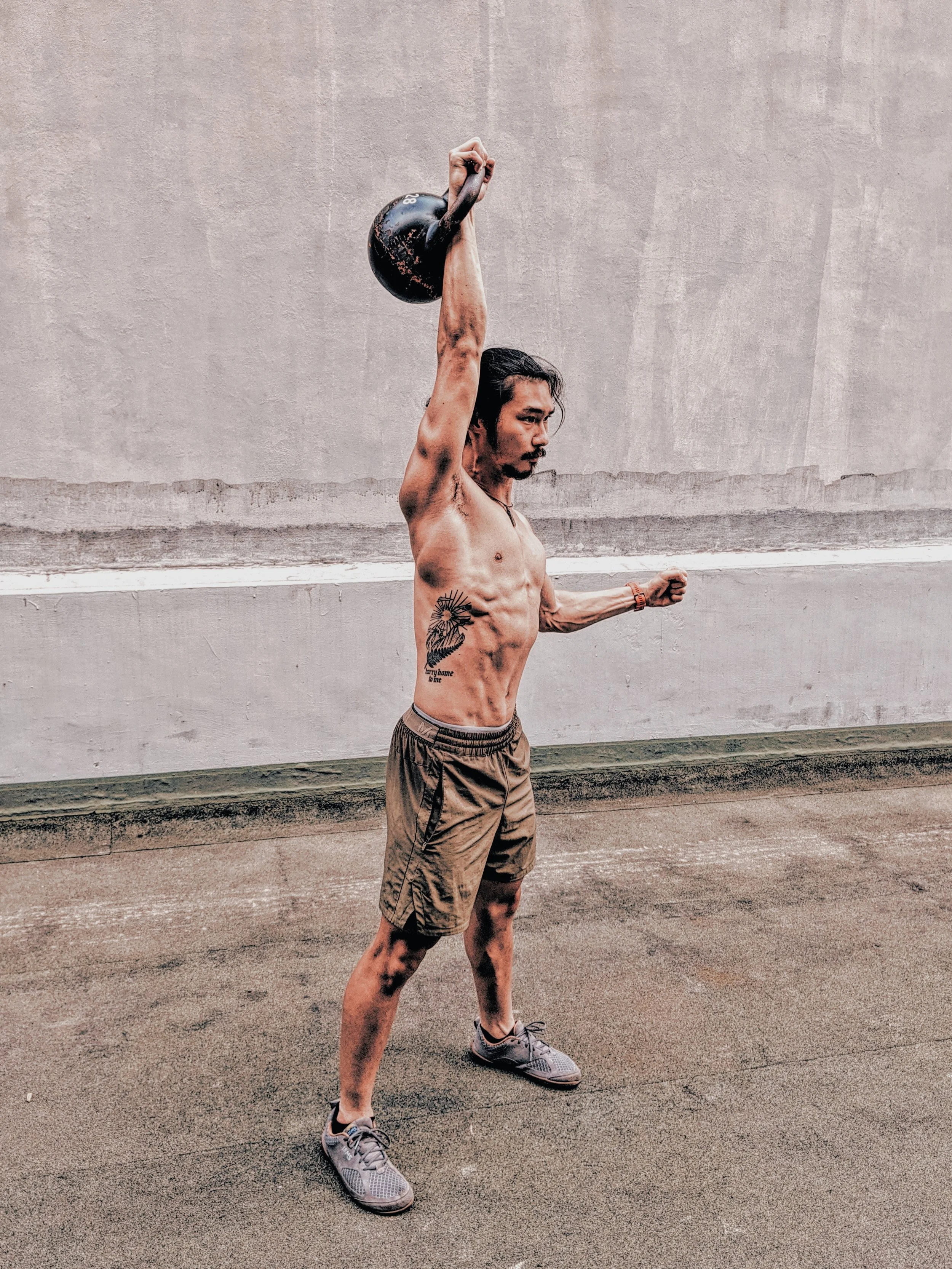Training alone will not help you lose weight or gain the body you want - you need to eat well too.
That said, a proper training regime is usually a cornerstone of healthy habits and systems, or a healthier lifestyle. So working out regularly could be the first step that leads to eating well and, in turn, bring you closer to looking the way you want. Not training, however, just makes losing weight or a six-pack that much more out of reach.
•
Q: How long should I exercise? Do I have to train hard every time?



